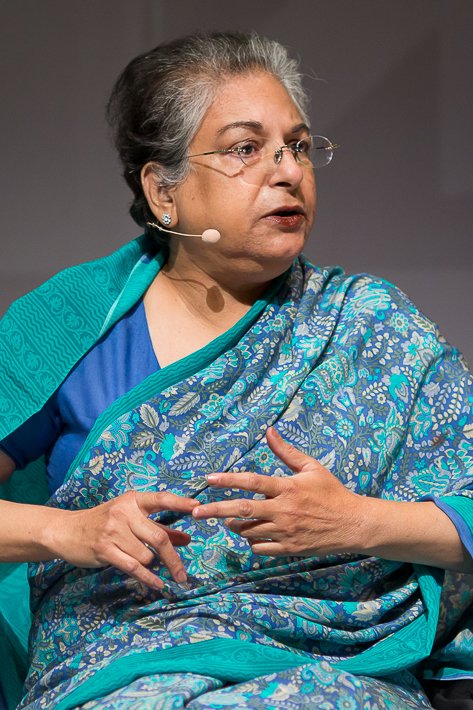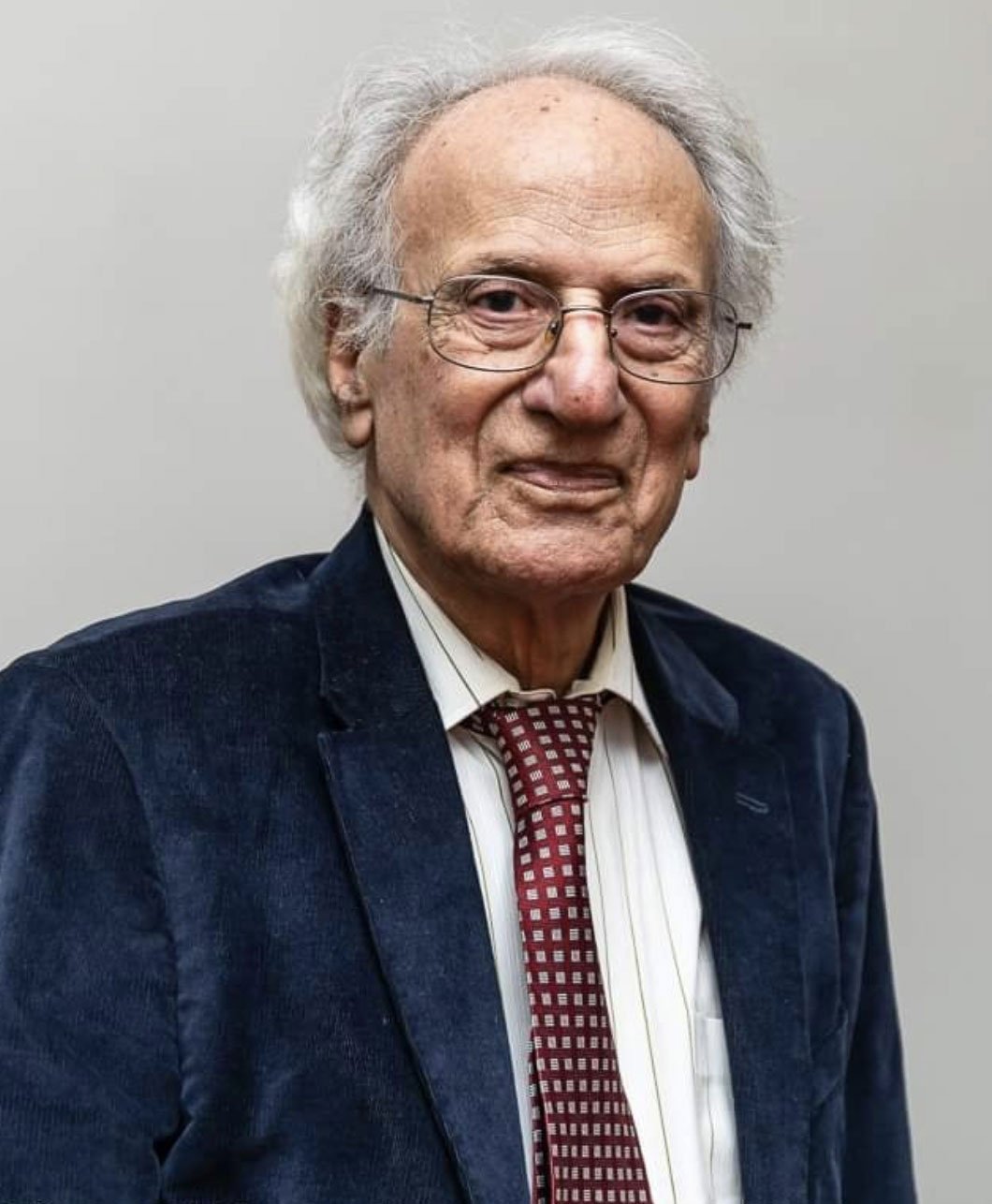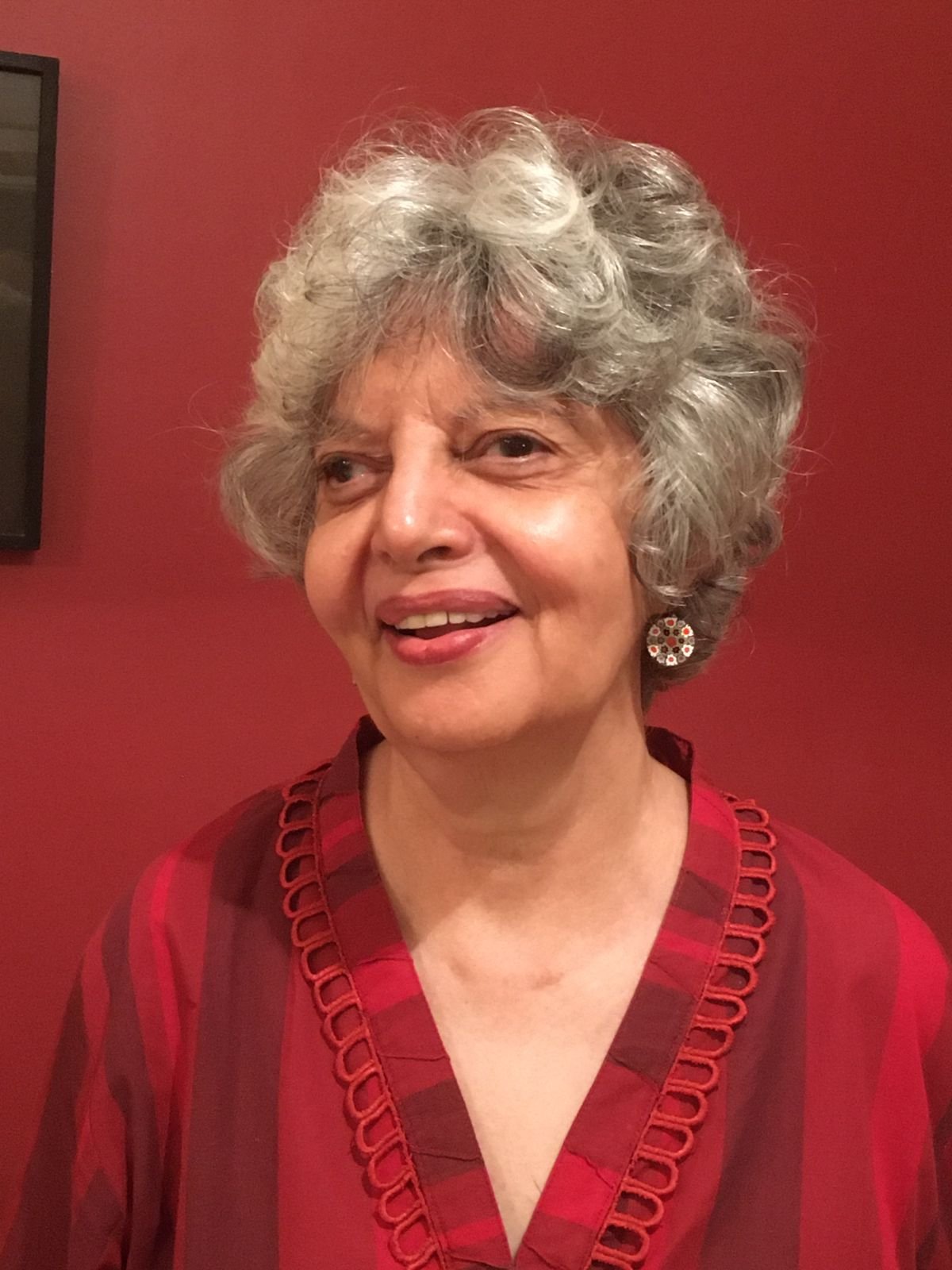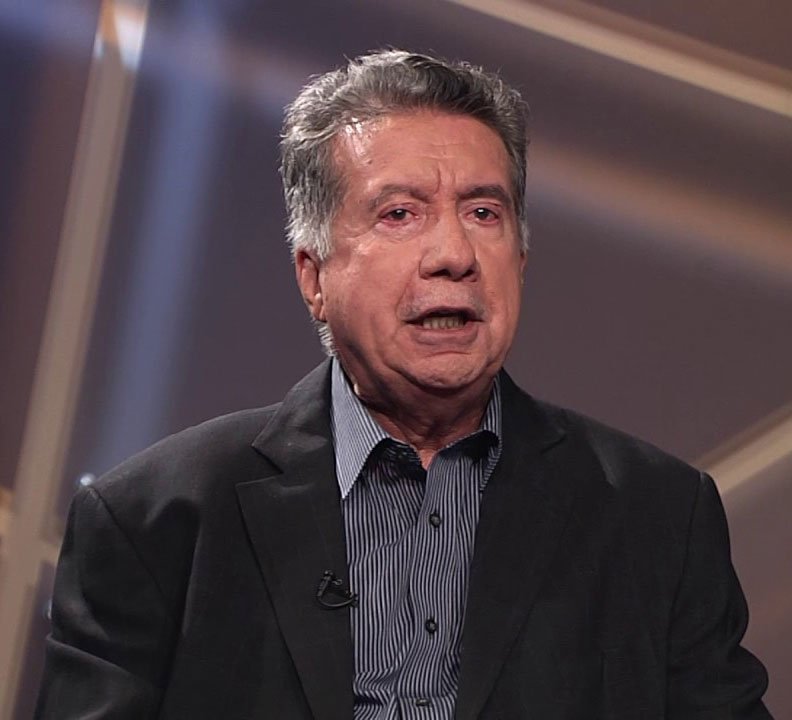Our history
The Human Rights Commission of Pakistan (HRCP) was founded in 1986 by a group of prominent lawyers, jurists, journalists, and rights activists in response to state repression, censorship and human rights violations under General Zia-ul-Haq’s military regime. It was formally registered as a nongovernment organization under the Societies Act in 1987.
Among its founding members were the late Asma Jahangir, Hina Jilani, Justice (R) Fakhruddin G. Ebrahim, Iqbal Haider, Khurshid Kasuri and others. The organization’s first chairperson was Justice (R) Dorab Patel, a former Supreme Court judge who had refused to take oath under General Zia-ul-Haq’s Provisional Constitutional Order.
I.A. Rehman, former editor of the Pakistan Times, took the reins of the organization as director in 1990, subsequently serving as secretary-general from 2008 until he retired in 2016.
Since its inception, HRCP has shaped national conversations on rights, challenged unjust laws and pushed for reforms through the courts, the media and global advocacy. Its leaders are remembered not just for their courage, but also for changing the human rights landscape of Pakistan.
Past chairpersons and secretary-generals

Hina Jilani
Hina Jilani is one of Pakistan’s most prominent human rights lawyers, having led landmark efforts to defend the rights of women, religious minorities and victims of state violence. Along with Asma Jahangir, she co-founded Pakistan’s first all-women law firm, the AGHS Legal Aid Cell. Internationally, she has served as the UN Secretary-General’s Special Representative on Human Rights Defenders, and is currently a member of The Elders, a global group of independent leaders working for peace and human rights.

Dr Mehdi Hasan
Dr Mehdi Hasan was a distinguished academic and journalist, widely regarded as one of Pakistan’s foremost authorities on mass communication and media ethics. A lifelong champion of press freedom and democratic values, he served for many years as dean of the School of Media and Communication at the University of the Punjab and trained generations of journalists in critical thinking and professional integrity.

Zohra Yusuf
Zohra Yusuf is a prominent human rights defender and journalist, with a career spanning five decades in both the media and civil society. She was one of the early women’s voices in journalism.

Afrasiab Khattak
Afrasiab Khattak is a veteran politician and former senator, with decades of experience in democratic activism, peacebuilding, and civil liberties advocacy. He has been instrumental in regional dialogues promoting cross-border solidarity, particularly between Afghanistan and Pakistan.

Asma Jahangir
Asma Jahangir (1952–2018) was Pakistan’s most iconic human rights lawyer. Throughout her life, she stood on the front lines, challenging military dictatorships, religious extremism and systemic discrimination. She co-founded the AGHS Legal Aid Cell, the country’s first free legal aid centre, and fought tirelessly for the rights of bonded labourers, religious minorities, women, and political prisoners. Internationally, she served as the UN Special Rapporteur on extrajudicial executions and later on freedom of religion or belief.
HRCP under fire
The struggle for human rights in Pakistan is not without cost—and that courage often comes from those who refuse to stand aside.
We honour the following human rights defenders who lost their lives in the line of duty.
Lawyer Rashed Rehman served as HRCP’s regional coordinator in Multan. He was assassinated on 7 May 2014 after receiving multiple threats for defending a university lecturer accused of blasphemy.
Zarteef Afridi, HRCP’s coordinator for the Khyber tribal region, was a teacher by profession. He worked in a conflict-affected region, documenting abuses, supporting survivors and giving voice to those silenced by war and displacement. On 6 December 2011, he was shot and killed near Jamrud on his way to school.


